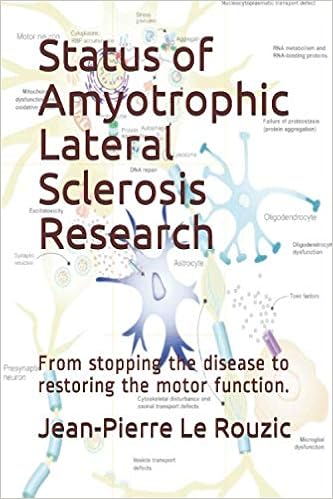On September 3, 2020 we published an article about a new treatment for ALS: AMX0035. This new treatment used a combination of two drugs, including TUDCA which had been advocated for a long time by patients on several Internet forums. The public had also been taken in by the * well publicized * fact that Amylyx is a tiny company. Dr Sabrina Paganoni then stated that the gain due to AMX0035 was modest but significant for the patients.
Several doctors have a different opinion and they expressed it in two letters to the New England Journal of Medicine. In one letter, it appears that the patients recruited into the clinical study also had access to Edaravone, but in different proportions for the control group and the arm group.
The doctor who wrote the first letter claims (and this is quite surprising) that Edaravone harms ALS patients and therefore the control group was penalized. Whatever the influence of Edaravone on the course of ALS, it is still a surprising methodological error and which invalidates the conclusions of the clinical study.
In the other case, up to now the only one answered by those responsible for the clinical trial, a comparison is made with a previous trial and the authors of this second letter to NEMJ affirm that only TUDCA is effective and therefore that the dual therapy proposed by Amylyx has little use. The principal investigators' response is that these are studies with different methodologies and therefore no conclusions can be drawn.
It is still too early to draw any conclusions, but it seems to be a cruel constant in clinical studies on ALS, that their results are always announced as very favorable, and then with experience we realize that in fact the gain is insignificant.
One might wonder why Edaravone's distribution imbalance was introduced. It is only mentioned in the NEMJ article which will probably only be read by a limited number of researchers and not in the protocol published on clinical.gov!
Perhaps this indicates that the confusion of roles (advocated by public authorities) between academic research and entrepreneurship is susceptible to frequent slippages.

